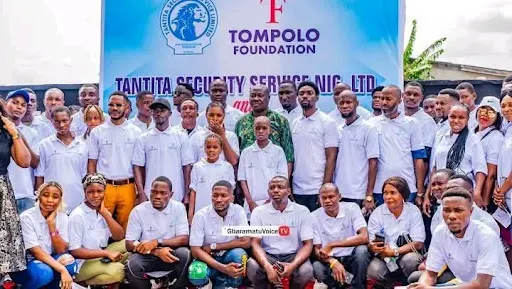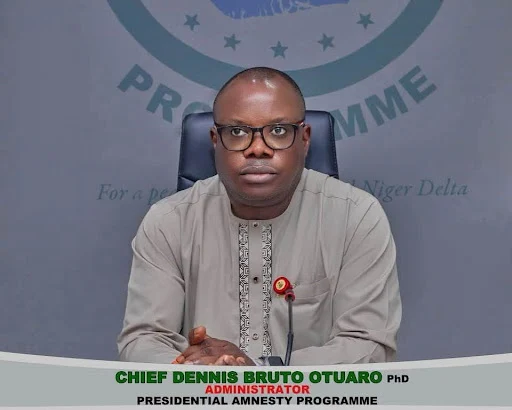Francis Tayor
Israel and Iran are not just fighting with missiles; they're fighting with ideas, brains, and laboratories. For years, they've been preparing for this war, not with slogans like in Africa, not with solidarity concerts or national fasts, but with scientists, engineers, and mathematicians – people they train, nourish, respect, and sometimes discreetly protect.
Before the recent missile attacks, Israel had already launched a more insidious war: the elimination of Iranian scientists. Several professors were assassinated because, in this part of the world, it's understood that the real danger isn't the tank but the one who designs it.
However, Iran didn't cry over it; instead, it trained new brains and invested in its universities and research centers. Today, the missiles flying over Tel Aviv aren't coming from American factories but are made in Iran by Iranian children and researchers.
What makes this missile war even more fascinating is that it caught everyone off guard. Almost no one expected Iran to have such a high level of technological mastery. Even the powerful Iron Dome, Israel's pride and that of its allies, was overwhelmed. According to available information, the precision of Iranian strikes was stunning. I'm not sure Israel expected that. It seems Iran studied how the Iron Dome works and then outsmarted it – not by chance or miracle, but through science, by modifying the physical laws of its missiles to achieve exactly what it wanted.
Meanwhile, what is Africa doing? It's waiting for manna from heaven. It's praying. It allocates budgets for 4x4 vehicles, presidential trips, and election campaigns, but not for science, research, or intelligence.
The Iran-Israel war is primarily a war of knowledge. And guess what? Iran is gaining points. Why? Because it understands that in today's world, whoever controls science controls their destiny. Those who depend on others to think, produce, heal, or defend remain slaves, even if dressed in a minister's suit.
And what about us? What's our mission? Apart from producing corrupt politicians, bureaucrats, and millionaire pastors? Our best brains leave every day, and those who stay are humiliated, starved, and treated like useless parasites. We've turned our universities into glorified high schools and our professors into beggars.
Then we're surprised that no one thinks critically. We're surprised that research yields nothing. But how can we produce thought when we're hungry, living in contempt, and led by people who don't even know what a laboratory is?
While others invest in technology, we build mosques and churches. While they fund science, we buy bags of rice to buy votes. While they aim for Mars, we pray for rain. We might be the most religious people on the planet, but we're also the most dependent.
Until we understand that true prayer is action, Africa will remain a continent that everyone flies over – except its own children.






































